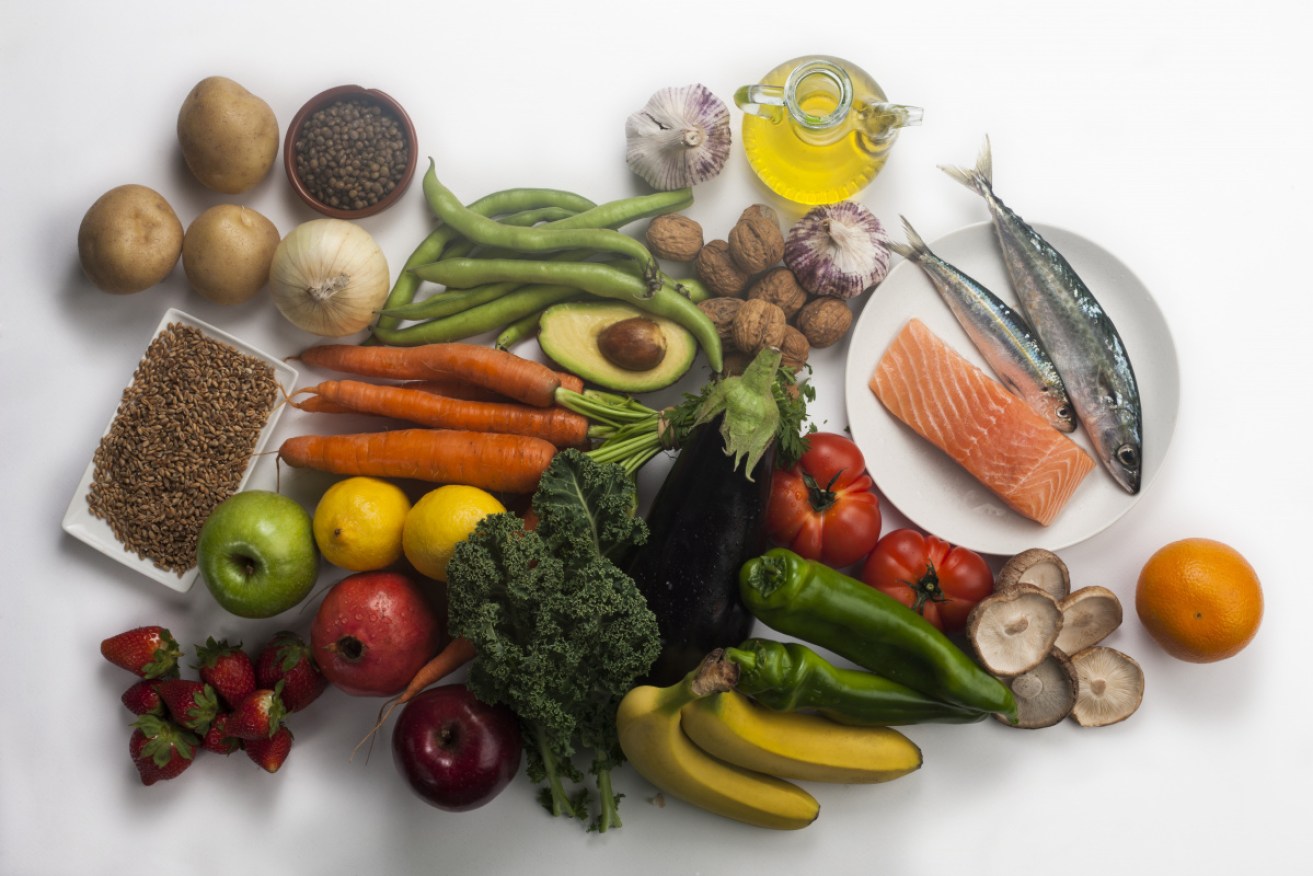DIY diet psychiatry: Foods that are good for your mood and mental health


Feeling down? Healthy food is a tried-and-true pick me up. Photo: Getty
Every week we hear new concerns that our mental health is suffering with the stressors arising from the pandemic.
These reports tend to highlight the “crisis” in accessing treatment and support, especially when infections surge.
This is additionally difficult for people diagnosed with serious mental health issues who require professional help.
Overall, one could be forgiven for feelings of hopelessness.
Reality check: There is much you can do to boost your mental health, even when it’s taking a pounding.
What are we meant to do?
At the beginning of the pandemic, Dr Monique Tello, a Boston physician and regular contributor to the Harvard health blog, wrote about the need for doctors to talk more about diet and self-care when consulting patients suffering from depression.
“Self-care includes things like sleep, physical activity and diet, and is just as important as meds and therapy – sometimes more so,” she writes.
Dr Tello advises: “Diet is such an important component of mental health that it has inspired an entire field of medicine called nutritional psychiatry.”
She points to a useful explainer about nutritional psychiatry you can find here.
“What it boils down to is that what we eat matters for every aspect of our health, but especially our mental health,” she writes.
“Several recent research analyses looking at multiple studies support that there is a link between what one eats and our risk of depression, specifically.”
The good news
The good news is that nutritional psychiatry is a DIY skill.
There are some very simple rules to follow. Dr Tello notes that the basics can be found in a 2017 meta-analysis of dietary patterns and depression risk:
- A dietary pattern characterised by a high intake of fruit, vegetables, whole grain, fish, olive oil, low-fat dairy and antioxidants and low intakes of animal foods (red meat, chicken, pork) is associated with a decreased risk of depression
- A dietary pattern characterised by a high consumption of red and/or processed meat, refined grains, sweets, high-fat dairy products, butter, potatoes and high-fat gravy, and low intakes of fruits and vegetables is associated with an increased risk of depression.
The short version: The sugar, unhealthy fats and refined foods that underpin much of the Western diet aren’t just bad for our hearts, blood vessels and blood sugar, they’re bad for the brain.
Anxiety loves sugar
You’ve probably heard the expression: “Cancer loves sugar”.
Well, anxiety and depression also love sugar.
Sugar isn’t just the crystal stuff you put in a cup of coffee. It’s in the overly refined foods we love to death: Pies, cakes, baked goods, cereals, bread, soft drinks and lollies.
The evil trick being played here is that these sugar-rich foods have a feel-good factor. They’re the so-called comfort foods that do indeed give a little rush of pleasure. And they’re so moreish.
In fact, one study found that sugar is more addictive than cocaine. It’s more insidious than big-rush drugs.
But its effects on the brain are life-threatening, and that’s not just long term.
But how?
In October, The New Daily reported on a study that found: “It only takes four weeks for a diet of highly processed food to inflame the brain and elicit behavioural signs of memory loss.”
Chronic inflammation is also linked to metabolic disorder, cancer and asthma.
Sugar is a driver of this inflammation, which is linked to depression.
Researchers, recognising sugar’s role in dietary-led depression, are now talking about treating major depression with insulin.
Already there are studies showing promising results. Read more here.
The diet plans that work against depression
The Mediterranean, Norwegian, and Japanese diets are all rich in fish and low in unhealthy fats and sugars.
These anti-depressive benefits of these diets have been well supported by research.
We’ll return to this issue, with a breakdown on how certain healthy foods work to improve your mood.
In the meantime, if you’re feeling mentally pummelled, have a good look at what you’re eating and perhaps try something new.








